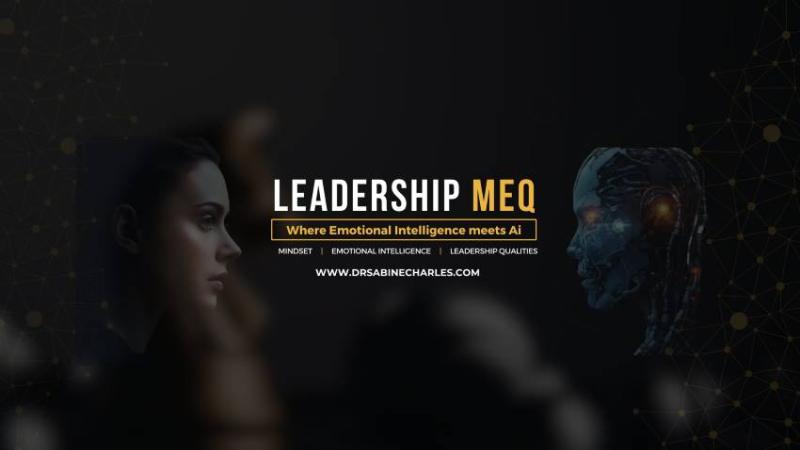Build Stronger Teams Through Emotional Intelligence in Leadership

Successful leadership in current complicated, demanding organizational environments hinges on the ability to handle both personal emotions and those of team members. People with Emotional Intelligence in Leadership (EI) display strong emotional competency through reading emotional cues, which generates better communication and improved team relationships with enhanced team results. As a practical competency, emotional intelligence enables leaders to transform their approach to both troubles and opportunities.
Key Components of Emotional Intelligence
Many psychologists define emotional intelligence through these core components:
Self-Awareness: Knowing what emotions you feel and how they influence your conduct defines your self-awareness. Leaders who know themselves well enough can determine what they excel at and where they need improvement, leading to improved decision-making.
Self-Regulation: A person needs to control their emotional reactions so they respond correctly to different circumstances. By mastering self-regulation, leaders become able to stay composed during emergencies while building team member confidence.
Motivation: Emotional self-control helps people stay focused on goal achievement despite obstacles along the way. Through their passion and resilience, motivated leaders have the ability to inspire those around them.
Empathy: Learning to understand what others experience stays at the core of emotional intelligence development. Through empathy, leaders build authentic connections with team members that help them address their requirements effectively.
Using these elements together with emotional intelligence improves one's ability to lead, but neither element ensures complete leadership success.
The Impact of Emotional Intelligence on Leadership
Leaders achieve high performance by establishing excellent team relationships through their ability to empathize with and understand their people. Trustful communication together with respect creates a collaborative workspace that supports innovation. Research demonstrates that leaders with emotional intelligence abilities trigger improved team performance while maintaining worker commitment to their responsibilities.
Through emotional intelligence, leaders develop the capacity to address challenges optimally, both by settling disputes and handling teamwork as well as dealing with organizational changes. Leaders who understand what drives emotions in each situation make decisions that deliver organizational advantages and personal value.
How to Develop Emotional Intelligence
To develop emotional intelligence, you must learn to reflect upon yourself while practicing mindfulness and working to become better day by day. Leaders can begin their development process by welcoming genuine input to detect their developmental zones. The first step toward emotional management requires identifying feelings when they manifest, so practicing mindfulness develops this ability.
Individuals can improve their empathy and social abilities through active listening and by showing authentic interest in other viewpoints while promoting discussion inclusion. Work environments improve through these practices alongside EI improvements.
The Core of Leadership
Leadership effectiveness requires a fundamental quality called emotional intelligence. Leading professionals who develop self-awareness alongside self-regulation, motivation, empathy, and social skills establish workplaces that support collaboration and accomplish organizational goals. Emotional intelligence in leadership helps organizations reach peak performance by promoting whole group wellness. When leaders make emotional intelligence their priority, they maintain their adaptiveness and deliver powerful results in modern work environments.
A leader needs emotional intelligence to be effective because this skill includes personal awareness and the ability to understand and interact with others. A workplace where employees have developed emotional intelligence becomes stronger regarding both relations and communication while creating environments that are both positive and collaborative.
Visit now:: https://www.drsabinecharles.com/
Post Your Ad Here
Comments